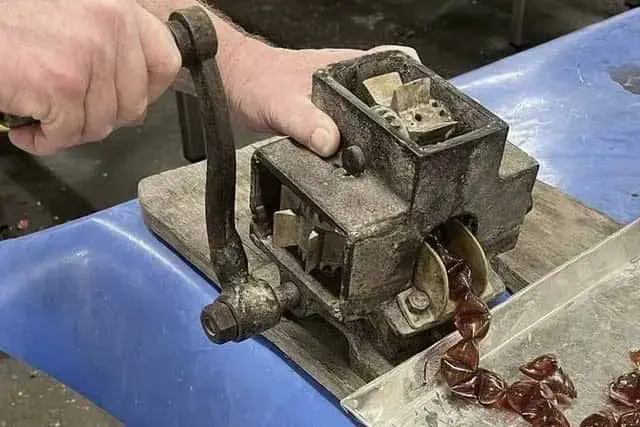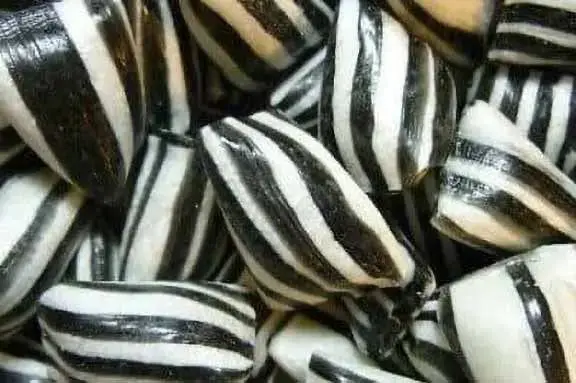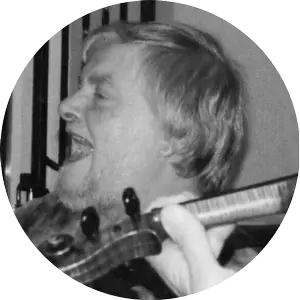
Old fashioned Humbug making machine found in Uncle Joe’s Mint Ball Factory, Wigan
Credit: Wigan Today
Mally Humbug
"Street cries were common in the 19th century and also the 20th up to the First World War. One that I remember was that of Old Mally, the Humbug Seller.
His cry which could be heard afar off, was a jumble of “Mally- Dally- Tally-Plenty- Twenty,” with several bawdy words thrown in if trade was bad. I have tried to keep the chorus as near as possible to the original cry.
The verses are my own work, the subject matter being taken from tales I have heard about the old character. As there were no rules of hygiene in those days, cakes, sweets, etc. were often made in old sheds and cellars."
Original note by Tommy Daniel.


